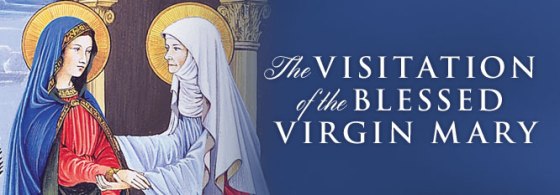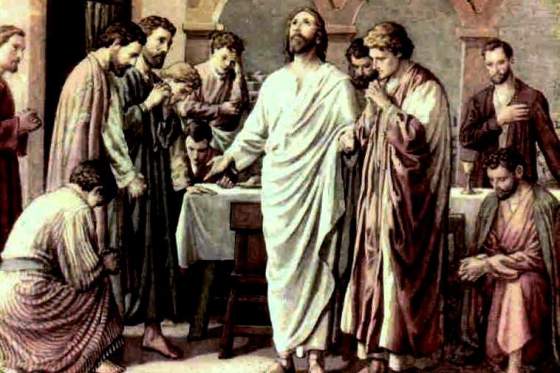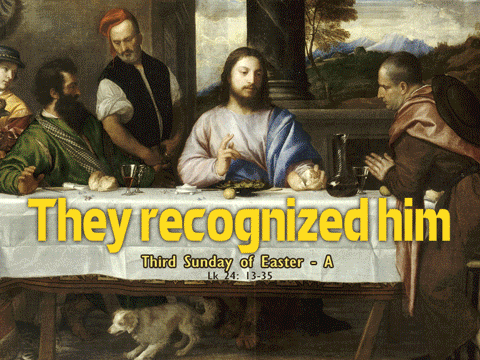|
An Ecumenical and Interreligious Celebration for Peace took place in the convent garden of San Francisco in Salta, Argentina, April 25 evening; Representatives from several Religions participated in this prayer: Christians of diverse denominations, Jews, Muslims, Buddhists, and delegates of the original towns. The Archbishop of Salta, Bishop Mario Antonio Cargnello, on behalf of the Catholic Church, prayed for Peace. The Minister General addressed an emotive message to those presents to conclude the event:
Interreligious and Ecumenical Celebration for Peace
The pursuit of peace and progress cannot end in a few years in either victory or defeat. The pursuit of peace and progress, with its trials and its errors, its successes and its setbacks, can never be relaxed and never abandoned. (Dag Hammarskjold)
These words by the former U.N. General Secretary, Dag Hammarskjold, who died in the pursuit of peace for the Congo, echo the desire of human hearts to live in a world defined by justice, equity, respect, authentic freedom, where the rights of all people, cultural and religious, and most especially minorities, are guaranteed.
In the pursuit of peace, we must examine deeply our attitudes: our capacity for empathy; our willingness to receive forgiveness and to offer forgiveness; our commitment to build bridges in place of erecting walls; and to “extend our circle of compassion to encompass all living things” (A. Schweitzer).
Three weeks ago, I visited our Franciscan communities in Damascus, Aleppo, and Latakia, in Siria. In Damascus, the terror of an endless cycle of exploding bombs twenty-four hours a day reminds everyone that peace remains but a distant hope. Along the heavily guarded road from Damascus to Aleppo, bombed out empty villages and towns litter the landscape. And yet, seemingly in defiance of the violence, nature is bursting forth with brilliant spring flowers, announcing its refusal to be defined by violence, hatred, and despair.
As we entered the city of Aleppo from the east, our minds were numbed by unfathomable destruction – human and material – the consequences of decisions made by all sides involved in the war: the decision to resist any compromise, to accept responsibility for past acts of violence, to which is added the reckless involvement of outside actors in pursuit of selfish interests that deepen human suffering and expand the path of destruction. Behind and above all of this is the lack of political will to take decisions that might open a path towards a very different, defined by the values of mercy, justice, respect, freedom, and the promotion of the common good.
All along the journey in Syria, we heard stories recounting the horrors of war: mothers mourning inconsolably the loss of husbands and sons; sons bearing the visceral wounds of having lost fathers and brothers; elderly who are completely abandoned, with no options to move out of harm’s way; children senselessly slaughtered, caught in the crossfire of a seemingly endless violence. Stories of intolerance, violence, and increasing social exclusion against cultural and religious minorities, and also against refugees and immigrants are encountered at an alarming rate in every part of the world.
Elie Wiesel, survivor of the Shoah and Nobel laureate once said: “Someone who hates one group will end up hating everyone – and, ultimately, hating himself or herself.” Another religious actor, Francis of Assisi, recognized that the antidote to hate was the unwillingness to hate, the unwillingness to surrender to violence, the unwillingness to yield to the dehumanizing forces of evil, and the unwillingness to close the heart or the home to anyone because he or she bears the divine image of God, as if God were present in the flesh of each and every human being. Reflecting this deep longing for peace and reconciliation, there emerged from among the embers of the devastating First World War a prayer for peace:
“O God, Make me an instrument of your peace.
Where there is hatred, let me bring love;
Where is injury, pardon;
Where there is despair, hope;
Where there is darkness, light;
Where there is sadness, joy”
Where there is hatred, let me bring love;
Where is injury, pardon;
Where there is despair, hope;
Where there is darkness, light;
Where there is sadness, joy”
(Peace Prayer attributed to St. Francis).
Solidarity, compassion, caring, respect, communion and loving. Such values and inner powers can lay the foundation of a new paradigm of civilization, the civilization of a humanity reunited in the Common House, on the Planet Earth (cf. Laudato Si). Our calling is to “compete with everyone in doing good,” as the Qur’an reminds us (Surat-al-Ma’id, 48), and to refuse to compete with anyone in promoting hatred or evil. Last October, Pope Francis, joining with the leaders of the world’s major religions, offered the following reflection: “We want to re-affirm the importance of faith, the importance of prayer, the importance of the grace of God if we really want to build a new world according to the values of God and of humanity based on peace.”
May the planting of an olive tree in this garden, and the planting of other olive trees among the different religious and cultural communities, serve as a concrete sign of our commitment to pursue the path of a new solidarity, a new outpouring of a spirit of hospitality and compassion to all, especially immigrants, those who are poor and marginalized.
My brothers and sisters from the different religious and cultural traditions, my brothers and sisters of Salta, civil authorities, and my dear Franciscan Brothers, let us never forget that our work for peace begins within the hearts of each of us. Our cry and work for peace makes clear to the world that love is stronger than hate; mercy is stronger than vengeance; and our desire for harmony and peace is stronger than all forces of division and violence.
May God bless our efforts. May God bless the people of Salta. Peace! Shalom! Salaam!
Br. Michael A. Perry, OFM
Salta, Argentina, 25 April 2017




